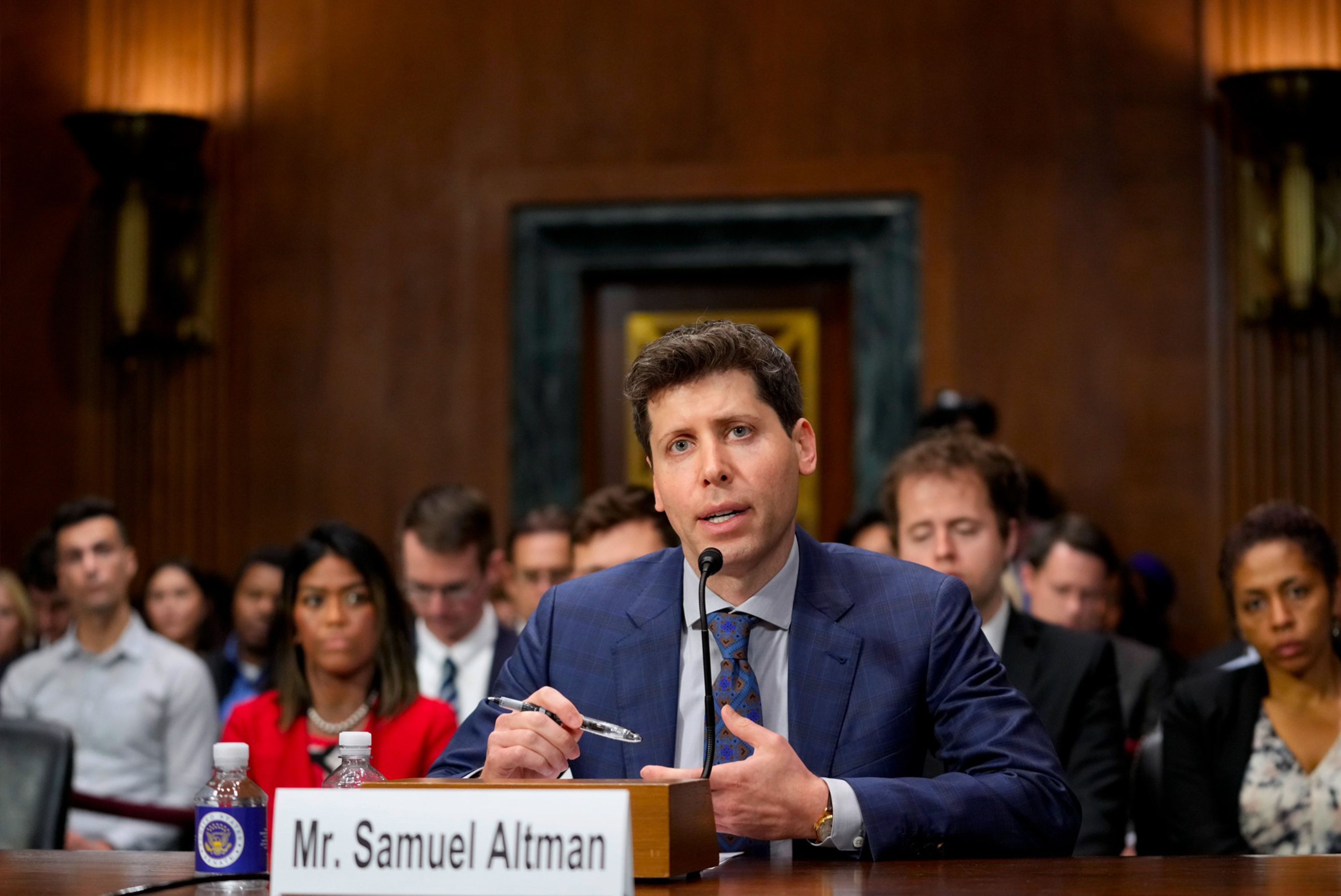The Federal Trade Commission has reportedly opened a probe into ChatGPT developer OpenAI, investigating whether its chatbot has broken privacy and data protection rules meant to protect consumers.
The regulator sent a 20-page investigative demand letter to the company this week seeking records and documents on how the company has sold and marketed its chatbot technology, and how it assesses and mitigates the risk posed by ChatGPT, according to a report from the Washington Post (opens in new tab).
Those risks include instances where the chatbot generates false or disparaging statements of real people or highlights the personal information of individuals, along with complaints over potential privacy breaches.
In March, the company temporarily took ChatGPT offline (opens in new tab) due to a technical issue that allowed some users to see portions of the chat history and private and payment information for other active users.
In a series of tweets (opens in new tab), OpenAI CEO Sam Altman responded to the probe and said that “it’s super important to us that out technology is safe and pro-consumer.”
Five things we learned from our bare-all interview with Sam Altman

“We protect user privacy and design our systems to learn about the world, not private individuals,” he wrote.
The FTC is requesting records related to the company’s efforts to correct issues around AI “hallucination,” company complaints over false statements and how it licenses its technology to others.
Altman has taken a number of trips (opens in new tab) to Washington, D.C., and international capitals, meeting with dozens of lawmakers and world leaders about potential regulations around AI.
Congressional leaders have been playing catch-up with European authorities in curtailing the risk (opens in new tab) of AI through new regulations. Last month, President Joe Biden was in San Francisco, where he met with AI experts to better learn the risks and potential opportunities of the technology.
FTC Chair Lina Khan has taken a strong regulatory posture against the tech sector more broadly, challenging a number of mergers and acquisitions on antitrust grounds. In public statements, she has raised the potential (opens in new tab) of AI to exacerbate existing societal inequities.
OpenAI has been subject to a growing number of lawsuits, including from people accusing the company of misusing their copyright and personal data for training ChatGPT.
A Georgia radio host has also sued OpenAI for defamation (opens in new tab) after finding that ChatGPT inaccurately generated a legal document that accused him of fraud and embezzlement, according to the complaint (opens in new tab).
